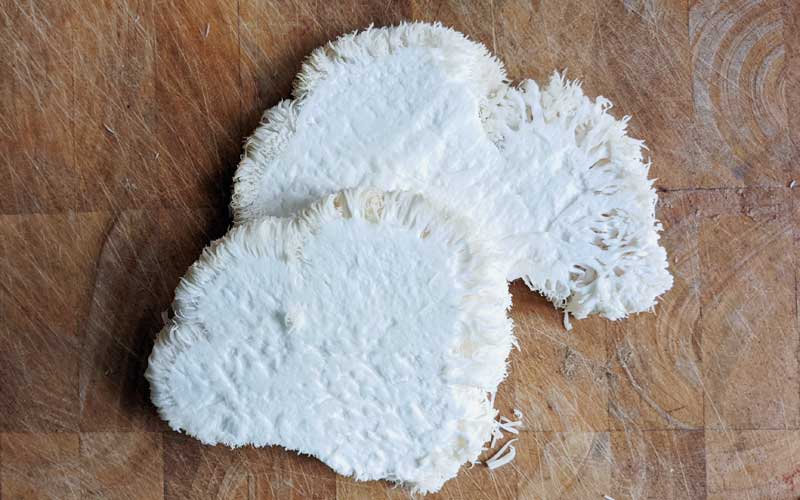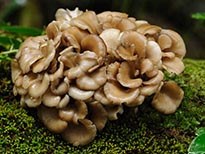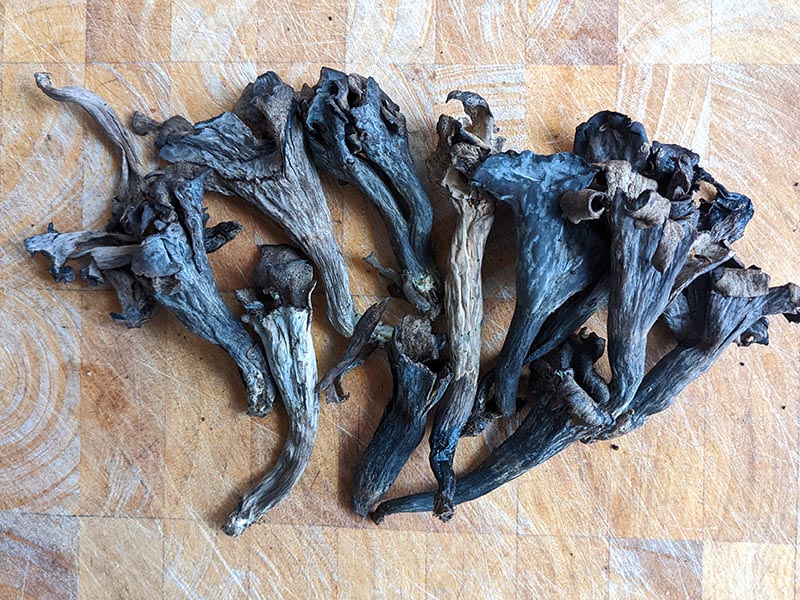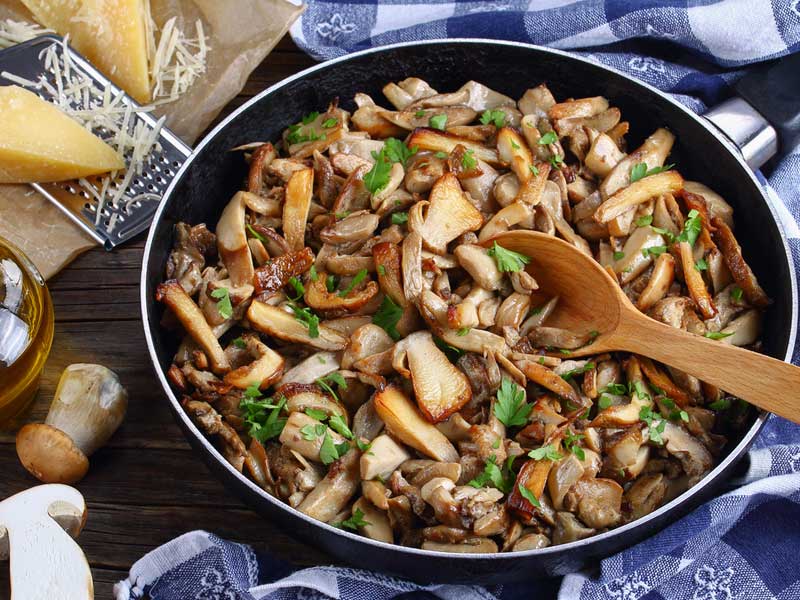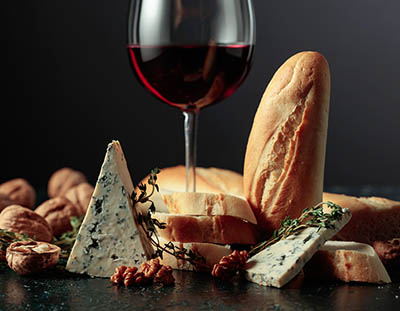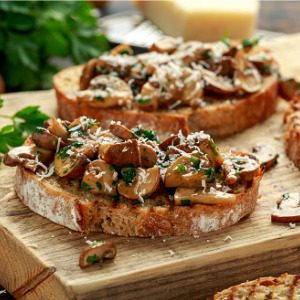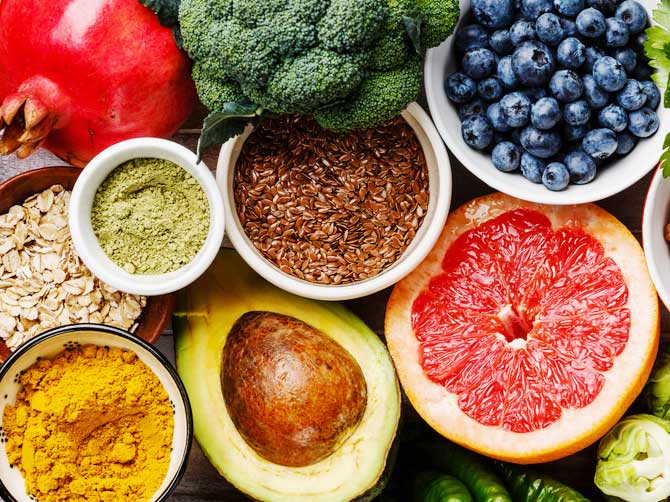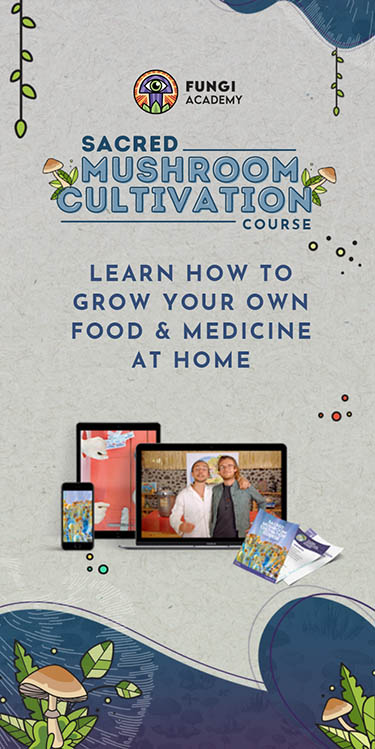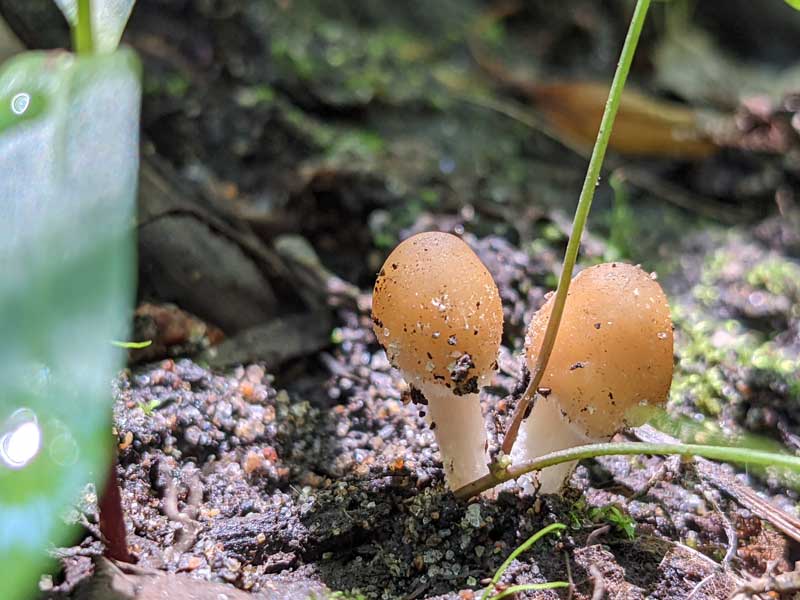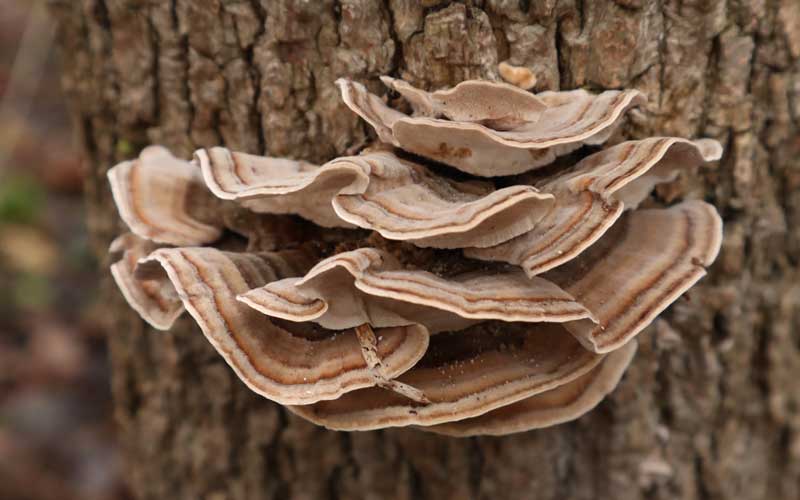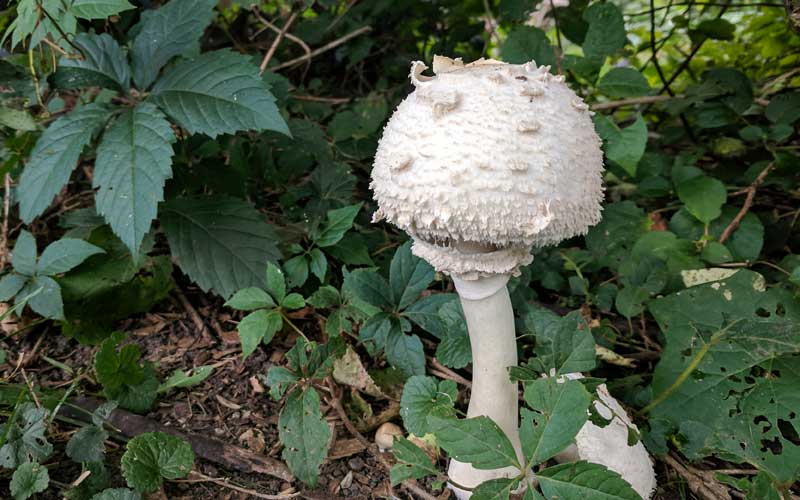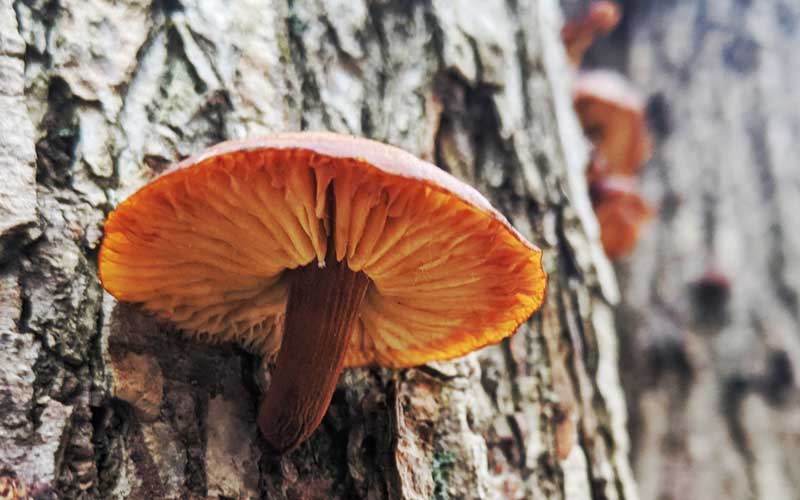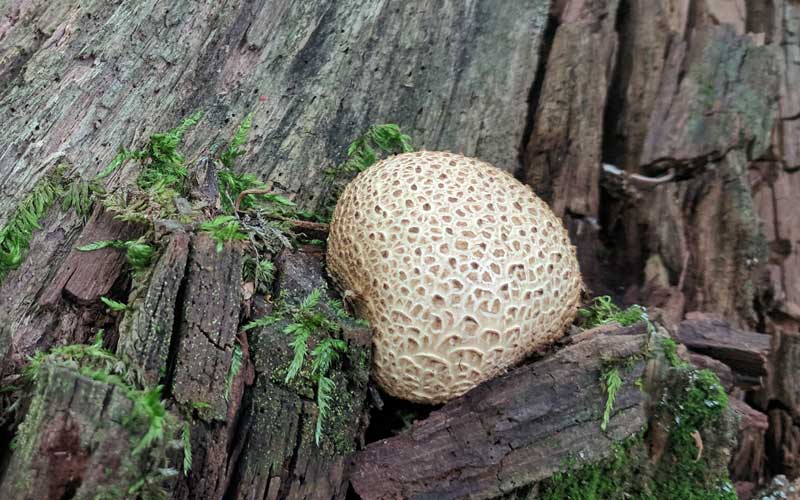- Home
- In the Kitchen
The nutritional value of mushrooms makes them a true "food of the gods".
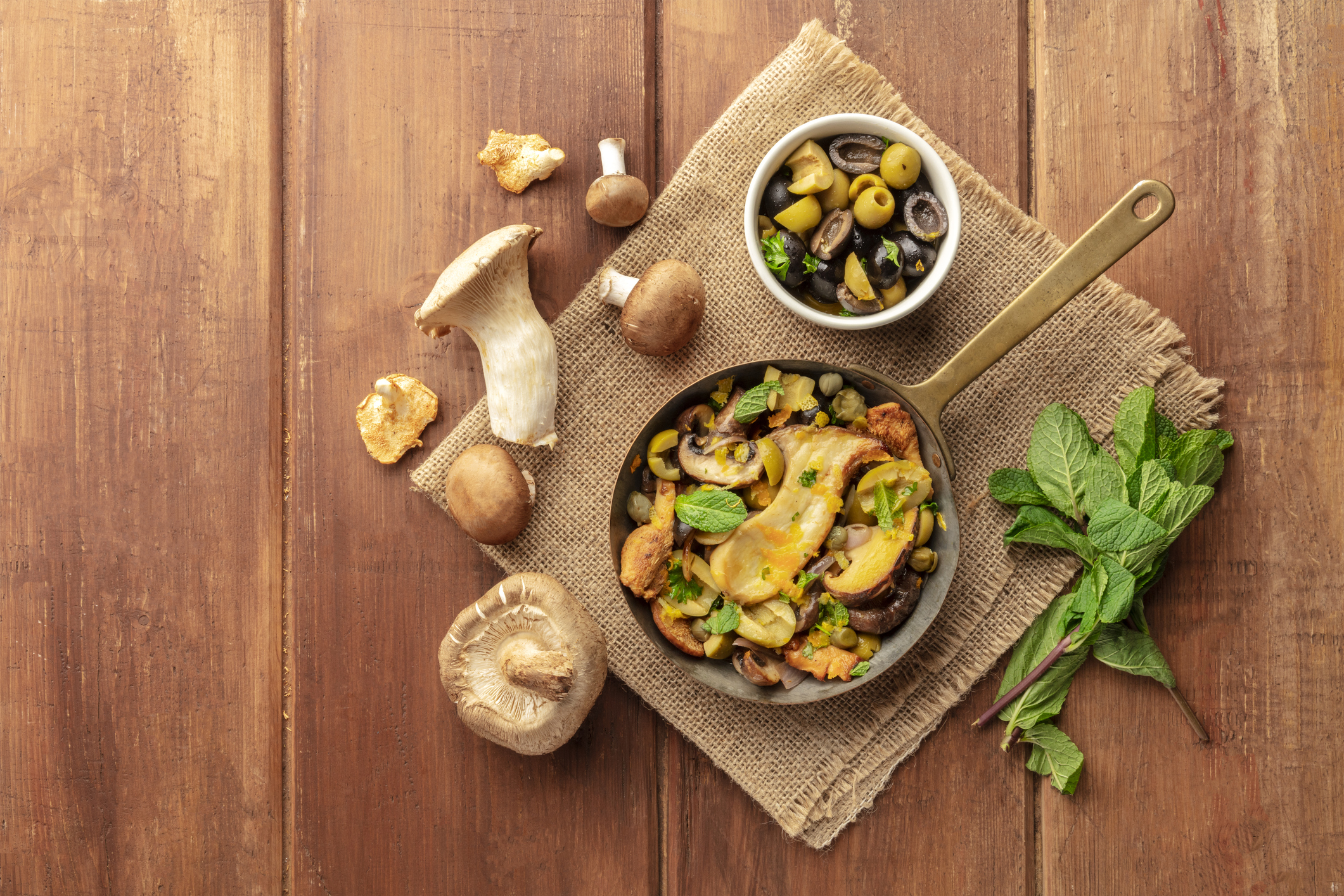
The ancient Greeks referred to mushrooms as the “food of the gods”.
And if they were making the point that mushrooms are a nutritious and healthy food, modern science tell us the Greeks were right.
So how come chefs and dieticians aren’t singing the praises of mushrooms as a food? Why don’t they get the recognition they deserve?
Maybe one reason is that mushrooms haven’t even been given a place in government dietary guidelines.
When you look at recommendations for a balanced diet, you’ll find meat, fish, dairy, eggs, vegetables, beans, fruits and grains… but not mushrooms.
Not even a mention. Let alone a spotlight on their unique value as a food.
That’s crazy when you think about it. I just looked at the food guides put out by the US, Canada and the UK. Not a word about mushrooms.
It’s time we elevated mushrooms to at least the same level we give to foods like blueberries, walnuts, salmon, leafy greens, and a host of heritage beans and grains.
Truth be told, mushrooms have more to recommend them than many of these so-called superfoods.
Some of the good stuff you’ll find in mushrooms.
Different species of mushrooms contain different compounds in different quantities.
But, in broad brush strokes, here are some of the nutritional elements you can expect from pretty much any mushroom you eat.
Vitamin D – Vitamin D works with calcium and phosphorus to develop strong bones. Mushrooms are the only significant source of vitamin D in the fruit and vegetable aisle.
B Complex Vitamins – Mushrooms are a good source of B vitamins such as niacin, folate, and riboflavin.
Minerals – Mushrooms are a source of important minerals such as selenium, copper, zinc, phosphorus, and potassium.
Fibre – Mushrooms contain both soluble fibre and insoluble fibre, which helps to maintain good digestive health.
Protein – Mushrooms contain a modest amount of protein. 1 or 2 grams for every cup served.
Antioxidants - Mushrooms are high in antioxidants like selenium and glutathione. Antioxidants are believed to protect cells from damage and reduce chronic disease and inflammation.
For more good news, mushrooms are low in fat, carbohydrates, sodium, cholesterol, and sugar.
Popular mushrooms for the kitchen
Some of the mushrooms you may want to try in the kitchen are also featured in our medicinal section.
Mushrooms like Lion’s Mane, Shiitake and Maitake.
With these mushrooms you can take them as medicinal supplements or as part of your meal plan. Or both!
For myself, I take supplements that include Shiitake, but Shiitake mushrooms are also my favorite mushroom when I’m cooking.
One more point to make about Shiitake mushrooms is that, after “ordinary” mushrooms, these are the ones you’re most likely to find in your local supermarket, because they keep quite well.
Other mushrooms have a shorter shelf life, so supermarkets don’t carry them.
What to do? Try a local farmer’s market or even grow your own!
Here are some mushrooms to try for their unique flavors and textures.
Mushrooms flavors vary from species to species. But they all share a savory, umami flavor, similar to meat. This is one of the reasons they go so well in sauces that accompany meat. It’s also why mushrooms are often favored by vegetarians looking for meat replacements.
Let’s get started on a few different mushrooms you might want to include in your diet.
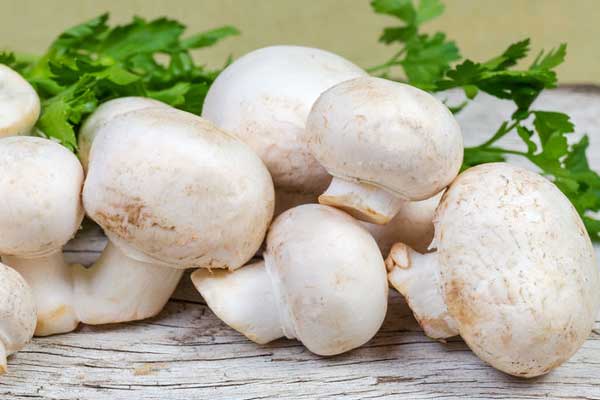
White Button Mushrooms
These definitely count as one of the “ordinary” mushrooms. They’re the mushrooms you find on your pizza or in cans at the supermarket.
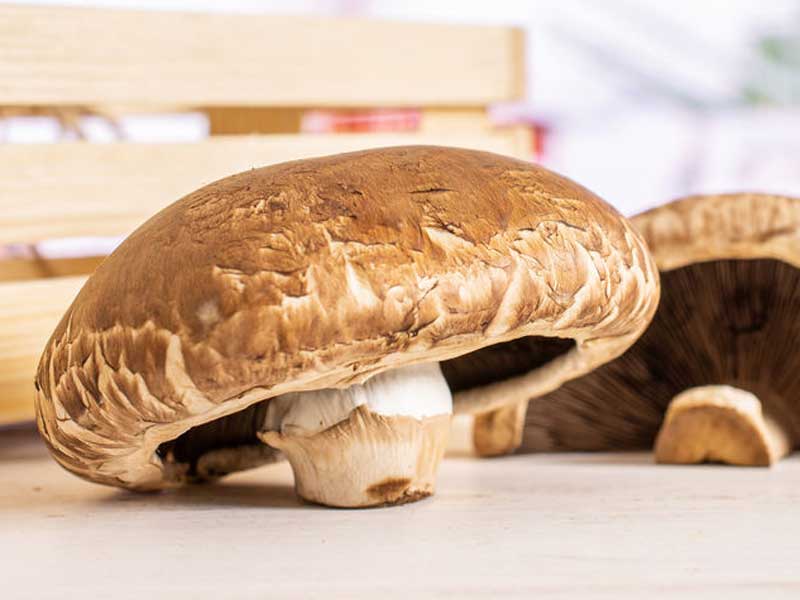
Cremini Brown, and Portobello mushrooms
These are listed together because Portobello mushrooms are simply fully-grown Cremini Brown mushrooms. Portobello mushrooms are very popular in Italian cooking, where they are used in sauces and pasta dishes. They can also be fried or grilled whole.
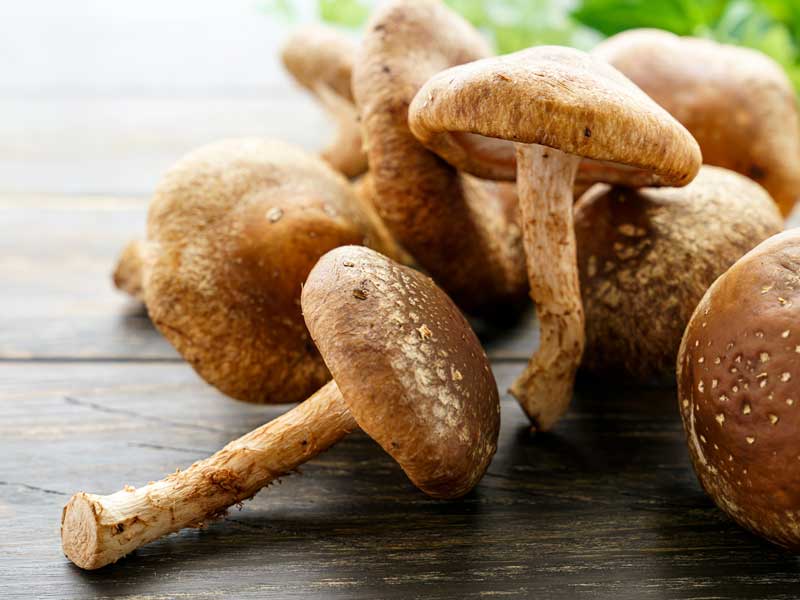
Shiitake Mushrooms
After the common button mushrooms, there are the ones you'll most likely find in your local supermarket. As well as being really tasty and versatile, Shiitake mushrooms also have strong medicinal qualities.
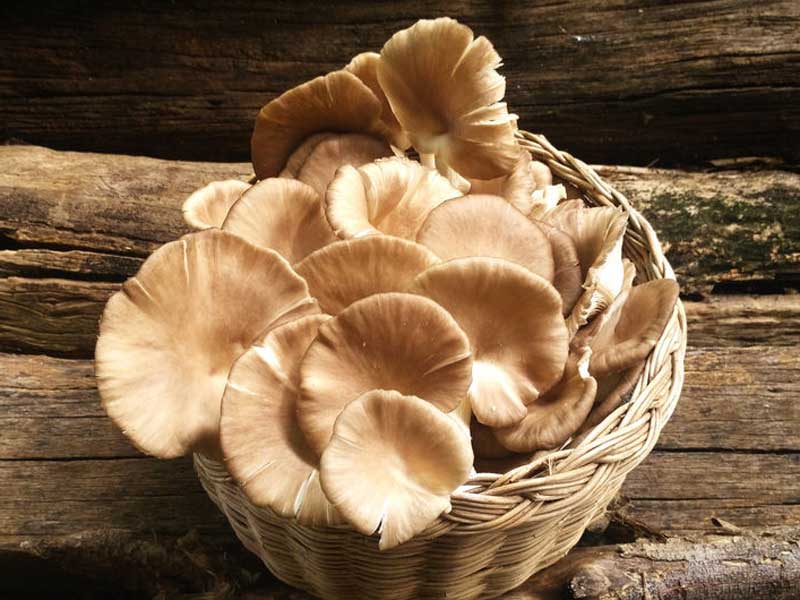
Oyster Mushrooms
These have a mild, sweet flavor and are popular in Chinese cuisine for stir-fries and soups. Although I’ve also seen them featured in recipes for paella. They're easy to grow at home too.
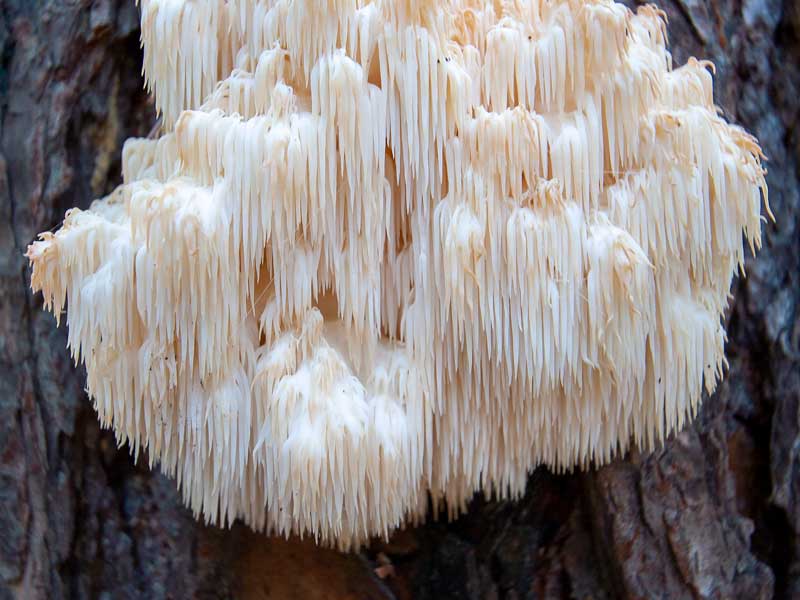
Lion's Mane Mushrooms
Lion's Mane is delicious straight from the pan. Its texture and taste might remind you a little of crab or shrimp. It has strong medicinal qualities too.
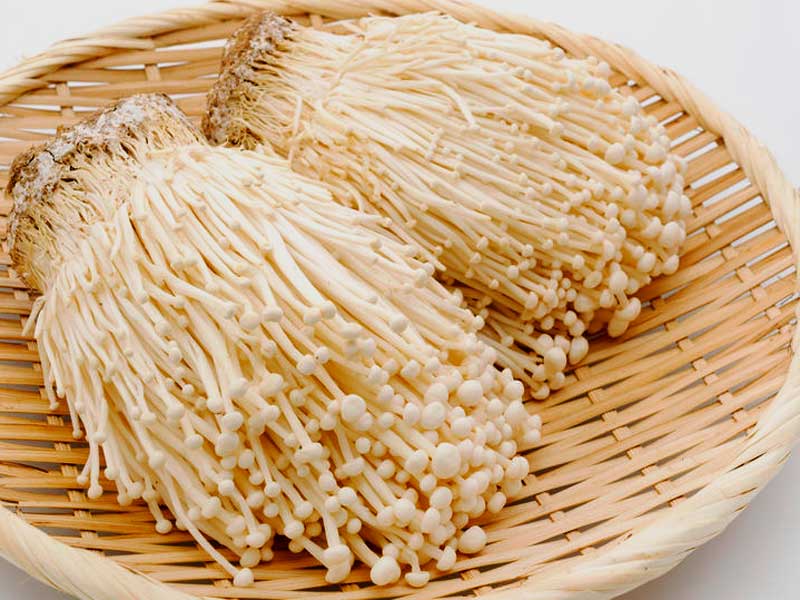
Enoki Mushrooms
Enoki mushrooms have a very distinctive look, with their long stems and small, white caps. Mix them into salads, or add them to soups.
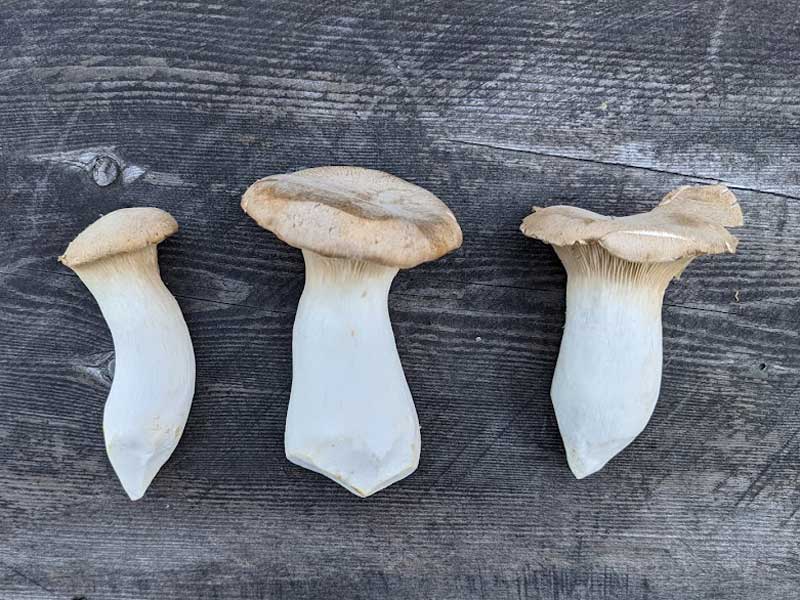
King Oyster Mushrooms
King Oysters have a thick white stem. Slice and sauté them, or slice them vertically and grill or roast them. More on the King Oyster...
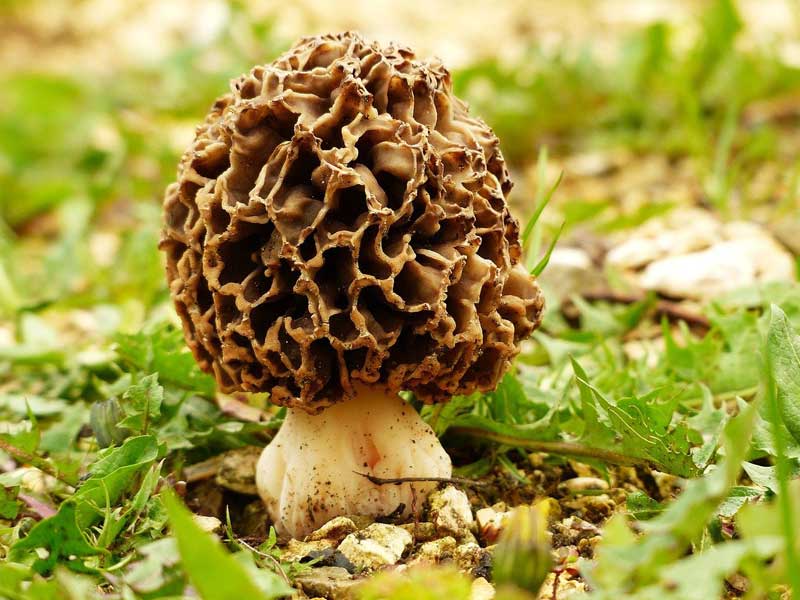
Morel Mushrooms
These are a very popular wild mushroom with a limited season, and are often hard to find. They have a very distinctive look, and are often eaten as a dish on their own, sautéed in butter. I’ve also seen them in recipes for soups and in a creamy sauce with chicken. More on Morel Mushrooms...
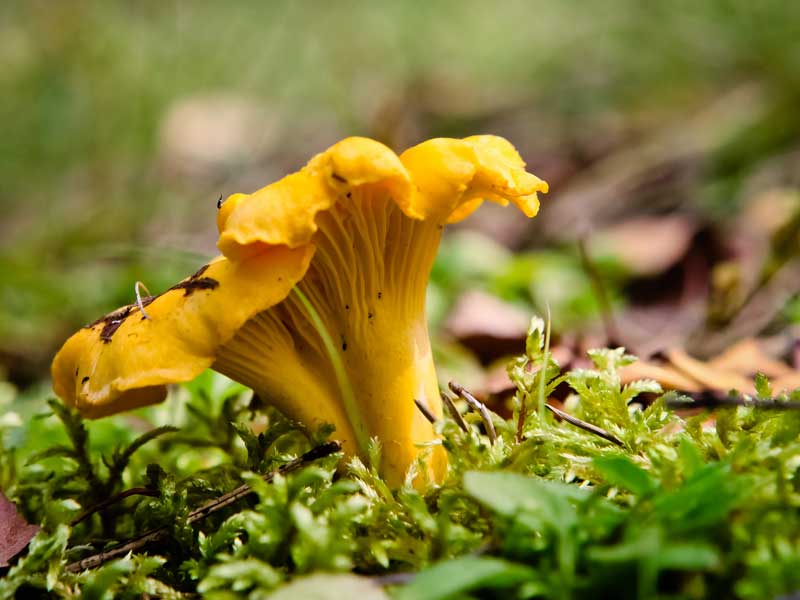
Chanterelle Mushrooms
These are trumpet shaped wild mushrooms with a rich golden color. Much loved in the kitchen, and for medicinal purposes. More on Chanterelles here...
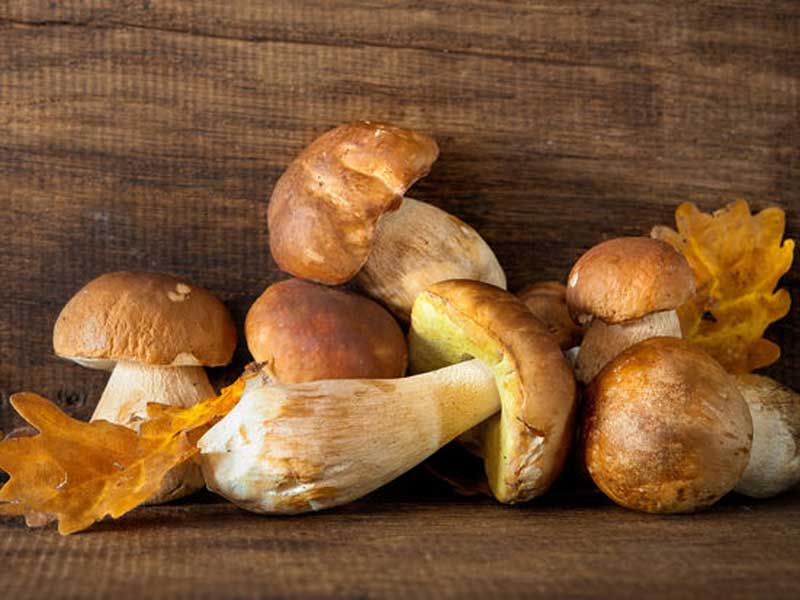
Porcini Mushrooms
This is a highly prized wild mushroom, much loved by Italian chefs and often used in soups and fresh pasta sauces.
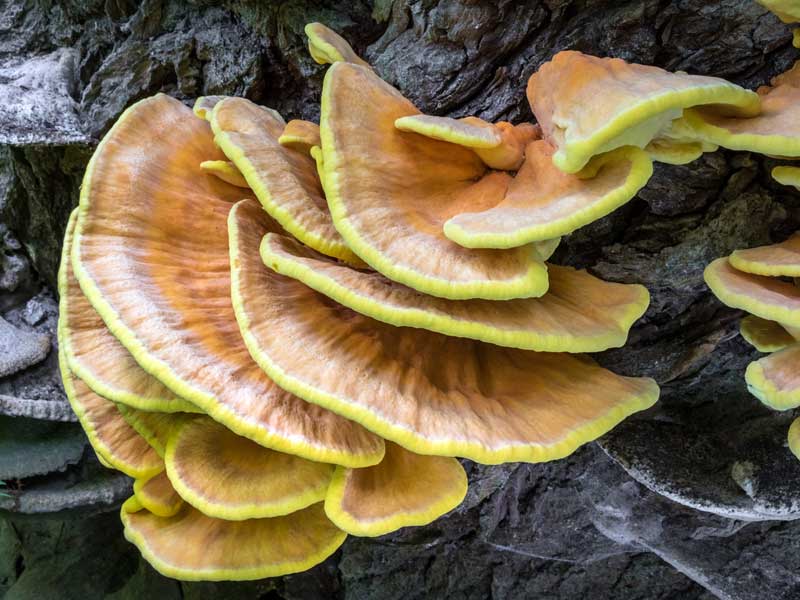
Chicken of The Woods
This mushroom has a firm flesh and can be cut in slices to be fried or grilled. When cooked it has the texture and taste of chicken. More on Chicken of the Woods Mushrooms...
Maitake Mushrooms
Maitake mushrooms are also known as Hen of The Woods. Not to be confused with Chicken of The Woods. Both are delicious. More on Maitake Mushrooms...
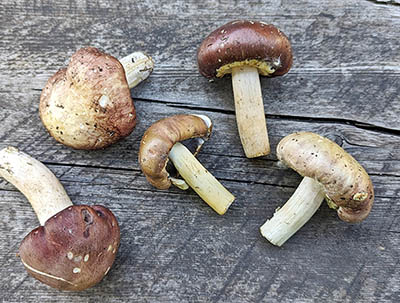
Wine Cap Mushrooms
Wine Cap mushrooms, scientifically known as Stropharia rugoso-annulata, are a treasure trove of culinary flavors and medicinal properties.
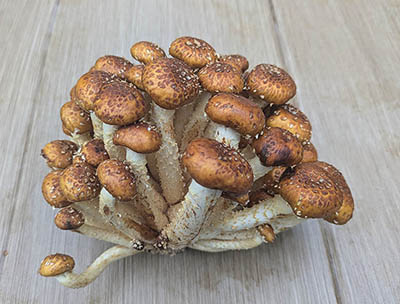
Chestnut Mushrooms
Chestnut mushrooms are incredibly tasty! The caps and stems have their own unique flavors, and are perfect for omelets, soups, pasta, and rice dishes.
Other edible mushrooms include…
Inky Caps, Cauliflower Mushrooms, Giant Puffballs, King Bolete, Black Trumpet, and Hedgehog Mushrooms.
Related Topics:
The Influence of Mushrooms on Gourmet Contemporary Cuisine
Mushrooms used to be just a salad garnish or a topping for pizzas. Now they’re a gourmet ingredient in contemporary cuisine. Read the full article...
Original mushroom recipes shared by mushroom lovers from around the world
These mushroom recipes include home-cooked favorites, plus exotic dishes from famous chefs who love to cook with mushrooms. The recipes...
If you love beer, wine, bread and cheese, say thank-you to fermentation and fungi.
Staple foods and drinks like bread, cheese, wine and beer wouldn’t be possible without fungi-powered fermentation. Read the full article...
5 Easy-to-make mushroom snacks and appetizers.
Mushrooms are a tasty and nutritious option for snacks and appetizers. Try some different mushroom types too. Read the full page...
Are mushrooms a superfood? Yes! Even if most people don’t know it.
Superfood lists overlook mushrooms, despite their health benefits. Find out why mushrooms should be on the superfood list. Read the full article...
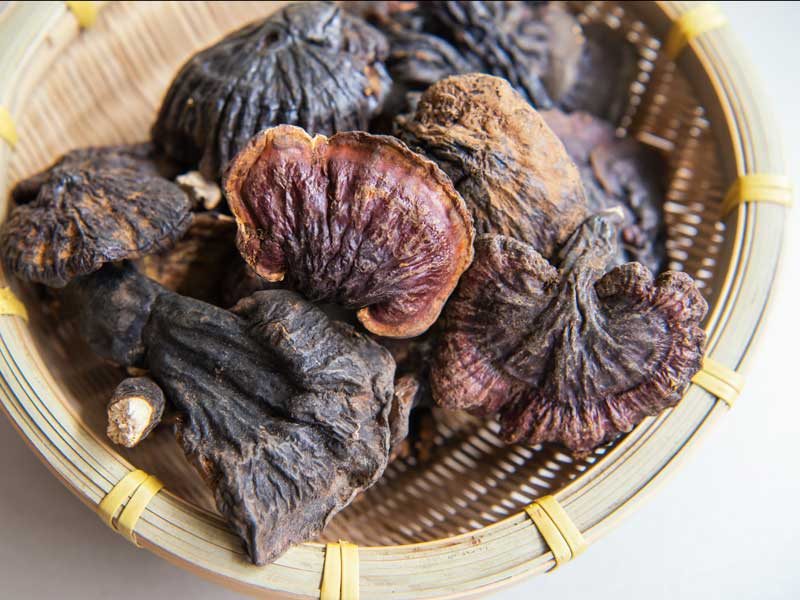
Medicinal mushrooms have been used by healers for thousands of years.
Medicinal mushrooms and fungi offer a variety of health benefits, many of them tied to supporting your natural immune system. Read the full article...
